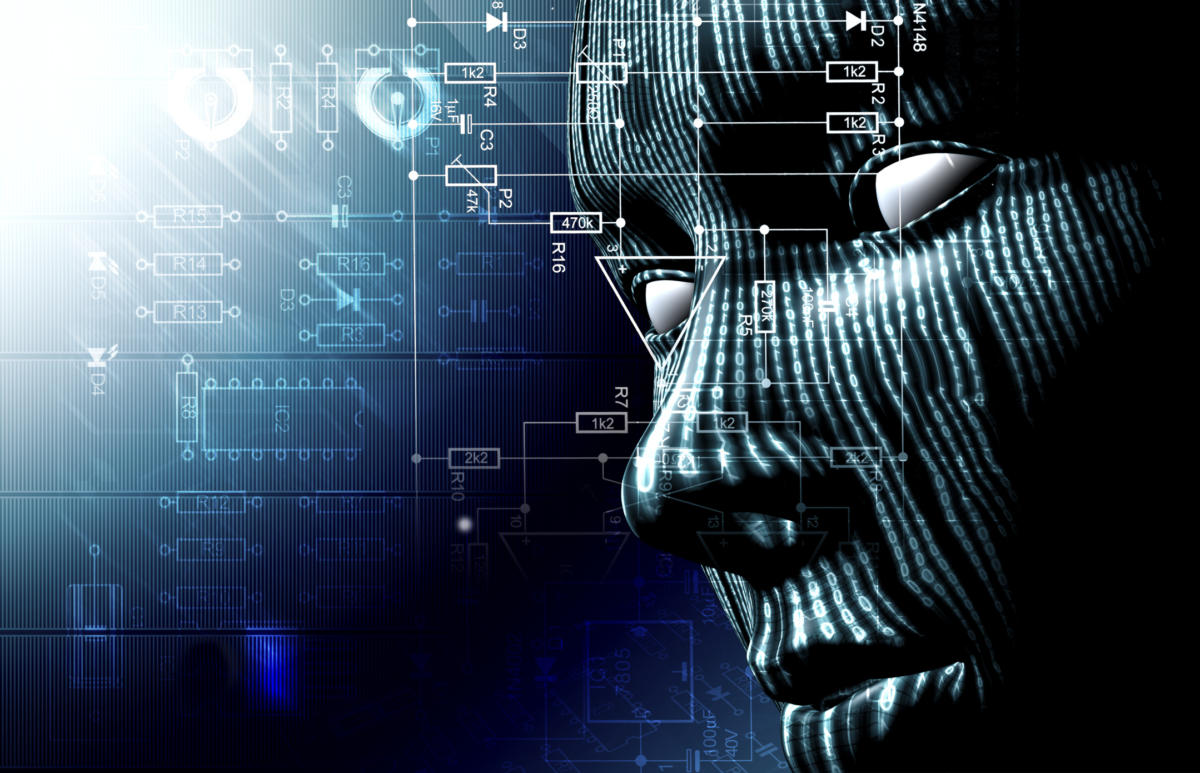Launched before the COVID-19 pandemic, a new study published in the Journal of Research in Science Teaching explored the potential of implementing machine learning (ML) to teaching and learning.
The new research was based on the analysis of 47 studies that applied machine learning in science assessment, organizing them into five distinct categories.
“We compared the ML‐based and conventional science assessments and extracted 12 critical characteristics to map three variables in a three‐dimensional framework: construct, functionality, and automaticity,” the journal article states.
“The 12 characteristics used to construct a profile for ML‐based science assessments for each article were further analyzed by a two‐step cluster analysis. The clusters identified for each variable were summarized into four levels to illustrate the evolution of each. We further conducted a cluster analysis to identify four classes of assessment across the three variables,” it also states.
According to the co-authors, the implementation of machine learning positively transformed conventional science assessment practice in various ways.
“Machine learning is increasingly impacting every aspect of our lives, including education,” said Xiaoming Zhai, the study’s lead author, in a news release.
“It is anticipated that the cutting-edge technology may be able to redefine science assessment practices and significantly change education in the future,” Zhai concluded.


